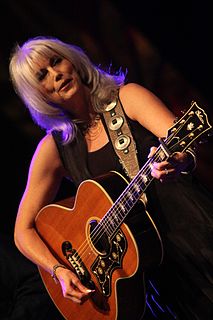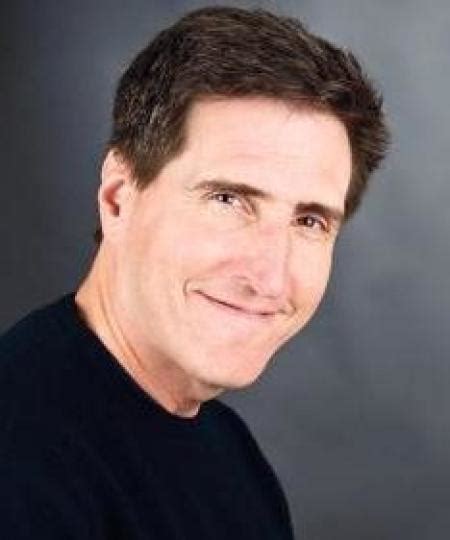A Quote by William Gibson
I very seldom compose anything in my head which later finds its way into text, except character names sometimes - I'm often very much inspired by things that I misunderstand.
Related Quotes
I heard about Bhagavad Gita very early in my childhood, from the age of five onwards. It was one of the earliest things I started to read when I started to read. And it was very much a part of my consciousness. In the beginning, I saw the "Bhagavad Gita" as a text that was very classical, much like the "Iliad" and the "Odyssey" - a mythical saga that showed the eternal conflict between good and evil. But much later, as I grew up, I realized that it was much more than that.
I work sometimes from outlines, which are immediately abandoned. Sometimes, when I'm trying to find the characters, I'll sketch things out a bit. Sometimes, outlines help me aim a little bit, but I tend to find it's usually much more interesting, especially with the first draft, to spew it onto the page. I used to get very nervous that, if I write this first rough draft and I die that night, whoever finds it might think that I thought it was good. For me, it's much more important to get some general shape onto the page and later take all the time I need to refine it, fix it, and rewrite it.
I write in spurts. I write when I have to because the pressure builds up and I feel enough confidence that something has matured in my head and I can write it down. But once something is really under way, I don't want to do anything else. I don't go out, much of the time I forget to eat, I sleep very little. It's a very undisciplined way of working and makes me not very prolific. But I'm too interested in many other things.
Link is a quiet man to meet- easy and courteous. His music, though, betrays that deep inside he gets very very mean very often. I remember being made very uneasy the first time I heard Rumble , and yet very excited by the guitar sound. And his voice! He sounds like a cross between Jagger and Van Morrison, even sometimes like Robbie Robertson. We met him in New York in 1970 while recording Who's Next.... this later inspired the b-side Wasp Man, a tune we dedicated to Link Wray.
I'm very much inspired by things that anger me. If I see bigotry, stupidity, or injustice on the news, I'm inspired to find a way to make it into something comedic and relatable. Anger inspires me. Stupidity inspires me. My family inspires me. My accountant inspires me. Everything and anything, really.
With social media, you have this new kind of way to communicate with people that's very immediate, sometimes alarmingly so, sometimes painfully so. If you could just hold some objectivity, a very direct, unfiltered, raw reflection of the way something is landing in the culture without any spin, or filtration, or anything, it's very raw.
It is part of the moral tragedy with which we are dealing that words like 'democracy,' 'freedom,' 'rights,' 'justice,' which have so often inspired heroism and have led men to give their lives for things which make life worthwhile, can also become a trap, the means of destroying the very things men desire to uphold.
If you suddenly and unexpectedly feel joy, don't hesitate. Give in to it. There are plenty of lives and whole towns destroyed or about to be. We are not wise, and not very often kind. And much can never be redeemed. Still life has some possibility left. Perhaps this is its way of fighting back, that sometimes something happened better than all the riches or power in the world. It could be anything, but very likely you notice it in the instant when love begins. Anyway, that's often the case. Anyway, whatever it is, don't be afraid of its plenty. Joy is not made to be a crumb.






































